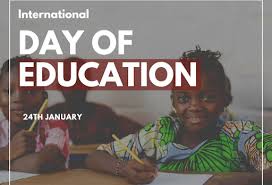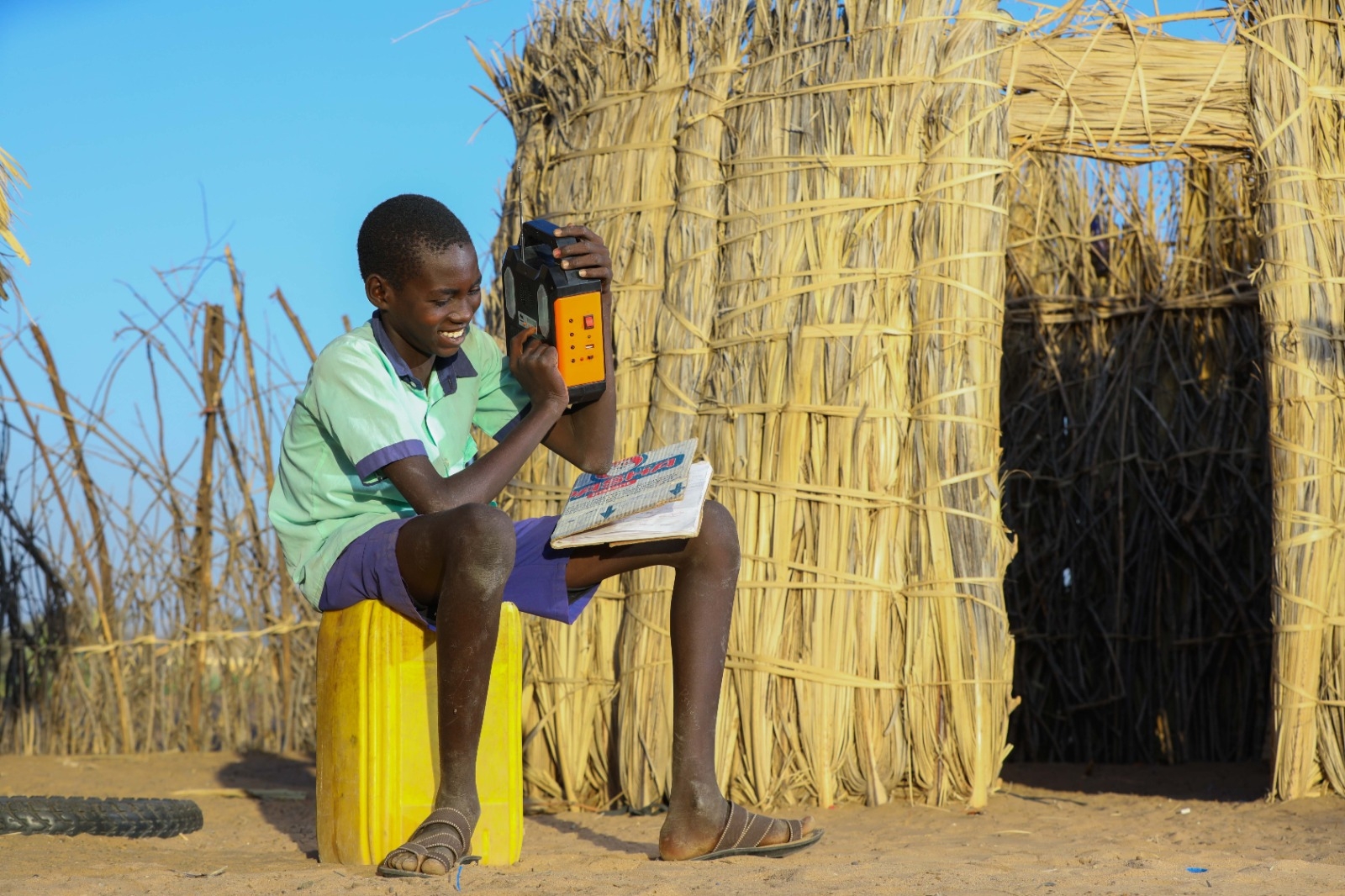

The United Nations General Assembly proclaimed January 24, as the International Education Day on December 3, 2018.
The move was in celebration of the role of education in peace and development.
Education is one of the 17 Sustainable Development Goals (SDG) laid down by the United Nations, this day has been celebrated every year since 2019.
Each year, the day is marked by different themes; 2024’s theme was "Learning for Lasting Peace", highlighting the crucial importance of education in promoting inclusive and democratic governance.
In 2025, the day is being celebrated under the theme “AI and education: Preserving human agency in a world of automation”.
This marks the seventh edition of the International Education Day.
According to UNESCO, the 2025 International Day of Education encourages reflections on the power of education to equip individuals and communities to navigate, understand and influence technological advancement.
“As computer and AI-driven systems become more sophisticated, the boundaries between human intention and machine-driven action often blur, raising critical questions about how to preserve, redefine, and, ideally, elevate human agency in an age of technological acceleration,” UNESCO said.
Education Cabinet Secretary Julius Migos Ogamba in commemoration of the International Education Day called on people to celebrate the transformative power of education in shaping a brighter future for all Kenyans.
“As we embrace the advancements of technology, let us ensure that human values remain at the heart of our creativity and learning journey,” the CS said.
In relation to the day’s 2025 theme, UNESCO said: “As computer and AI-driven systems become more sophisticated, the boundaries between human intention and machine-driven action often blur, raising critical questions about how to preserve, redefine, and, ideally, elevate human agency in an age of technological acceleration.”
The Director-General of UNESCO, Audrey Azoulay, has dedicated International Education Day 2025 to the opportunities and challenges of artificial intelligence.
She has called on the 194 UNESCO member states to invest in training both teachers and students on the responsible use of this technology within the field of education.
“AI offers major opportunities for education, provided that its deployment in schools is guided by clear ethical principles. To reach its full potential, this technology must complement the human and social dimensions of learning, rather than replace them,” Azoulay said.
“It must become a tool at the service of teachers and pupils, with the main objective being their autonomy and well-being.”
The director said Generative AI is likely to reshape education systems.
“Never before has a technology burst into the classroom so quickly; indeed, one needs only to consider how long it takes to validate a textbook before it can be used to educate our children,” she said.
Aware of the transformations brought about by this technological disruption, UNESCO addressed the issues surrounding artificial intelligence, on which the Organisation has been working for more than 10 years now.
As a result, in 2021, after two years of consultation, the Organisation’s member states adopted the first global standard-setting framework for the ethics of artificial intelligence.
“In the field of education, however, many countries, torn between authorisation and restriction, lack clear guidelines on the subject,” the director said.
She said in 2023, less than ten per cent of schools and universities had an official framework for the use of artificial intelligence in educational contexts.
“That is why, that same year, UNESCO published ‘Guidance for Generative AI in Education and Research. The guidelines suggest setting a minimum age limit of 13 years for the use of artificial intelligence in the classroom,” she said.
“Their right to education is being violated and it is unacceptable. Without inclusive and equitable quality education and lifelong opportunities for all, countries will not succeed in achieving gender equality and breaking the cycle of poverty that is leaving millions of children, youth and adults behind,” the UN said.


















